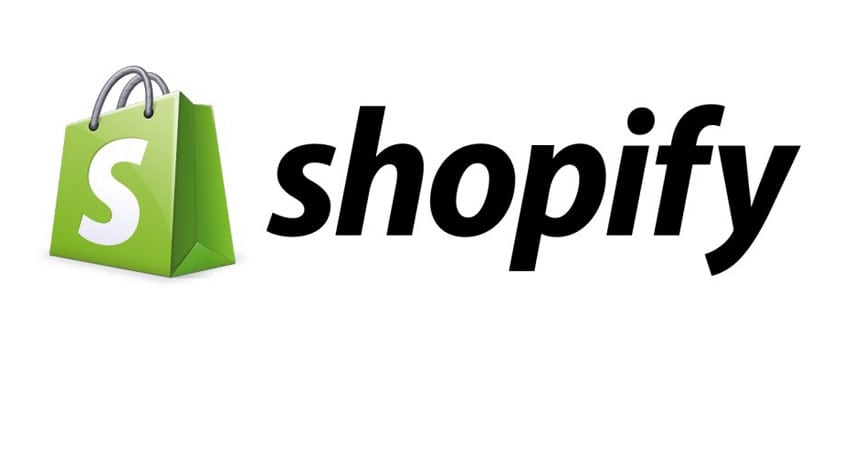Shooting across Amazon’s bow with its FBA program, Shopify is going all-in on ecommerce fulfillment, tapping 3PL partners to provide two-day delivery across the U.S. for merchants on its ecommerce platform, many with physical stores.
Through its partners, Shopify has access to fulfillment centers in California, Georgia, New Jersey, Nevada, Ohio, Pennsylvania and Texas. The network will support SMB merchants shipping between 10 and 10,000 packages per day, eventually expanding its capacity up to 30,000 packages per day.
Shopify will provide two-day shipping for what it calls “qualified merchants” which it assesses “on a case-by-case basis depending on their product types and fulfillment needs,” Shopify chief product officer Craig Miller told Venture Beat. Shopify claims to have 820,000 merchants on its platform, 100,000+ with physical stores, and 10% of North American ecommerce flowing through it.
The Shopify Fulfillment Network (SFN) uses algorithms and machine learning to analyze its massive data flow, helping merchants optimize inventory positioning and quantities to both address the ebb and flow of demand and save on shipping costs. It also integrates with WMS systems through an extraction layer in the SFN app.
“We were thinking of all the different needs of merchants when building out our tools,” said Thomas Epting, director of product, SFN. “With a t-shirt, which is light and durable, easy to ship, you want to make as low cost as possible to maximize conversion. On the other hand, a vintage Beatles album has different costs associated with fulfillment. Our API enables merchants to create profiles by product and region, select a shipping setting, and include differences in speed or cost associated with an item.”
Noting that inventory carrying costs are often the most expensive part of a merchant’s business, Epting said SFN’s intelligence can identify how, for instance, to locate the fastest-moving SKUs in multiple nodes close to customers, while the next tier down can be located in just west and east coast facilities.
While acknowledging that not all merchants want or need two-day delivery on all orders, Epting said offering it is a surefire way to increase conversions as it has become a de facto standard.
In an obvious allusion to those selling on Amazon, Epting noted how Shopify merchants own more of the customer experience in branded packaging, creating a better connection and shopper loyalty, and own more of their customer data.
Other features Shopify is rolling out with Shopify Plus include a beta of a buy online, pickup in store capability for its customers, a revamped POS system integrating online with physical stores and enabling loyalty and promotion rewards at checkout.

